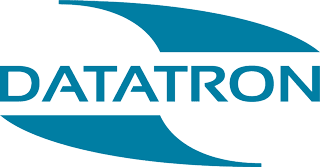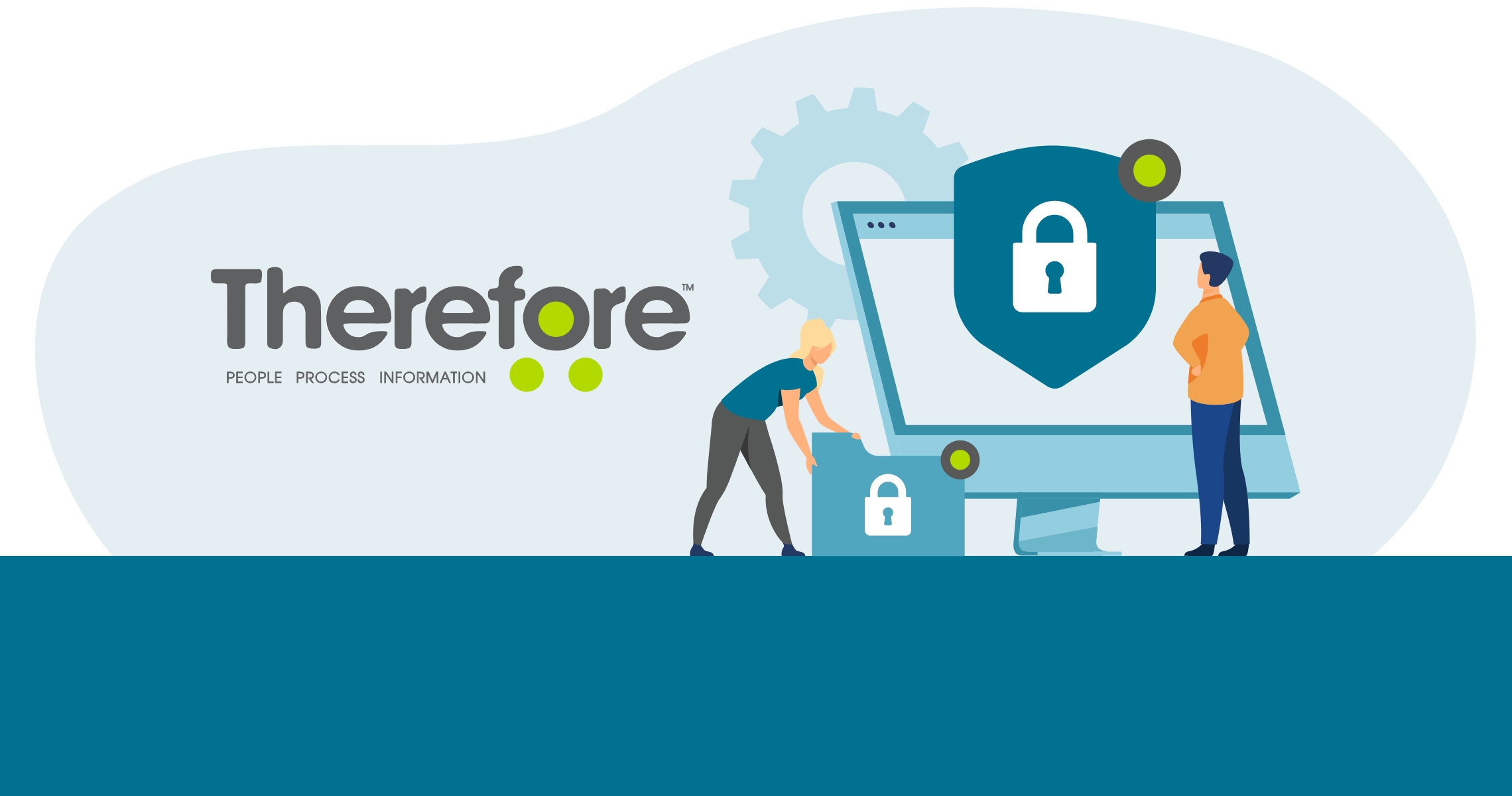How does information management help with GDPR compliance?
Guest post by Aryan Niamir in cooperation with the Therefore team.
The GDPR caused one of the largest overhauls in data management policies in living history. Following its implementation in May 2018, organisations across the EU and UK have learnt how to navigate the regulation’s stringent policies. They’ve also adjusted to increasing consumer expectations surrounding data privacy and security.
Suffice to say, the GDPR is a complex regulation. It requires significant effort and investment. It’s no wonder, then, that many establishments seek methods to bolster their data protection practices.
This is where information management solutions provide critical support.
How information management systems aid compliance
Organisations retaining information about EU, EEA and UK citizens can use these technologies to streamline their business practices and ensure GDPR compliance.
Here’s how:
1. Discover the type of data you collect
Without visibility into your data, GDPR compliance will be difficult to achieve. The transparency provided by information management systems helps you understand your retained data and how you should handle it. This can aid the prevention of data leaks in the future.
2. Manage and secure data
By implementing security policies and permissions, you can control who can read, delete, or edit documents containing personal data.
3. Report data breaches and take the necessary actions
Information management systems encourage you to better maintain and secure your data. However, should a breach occur, you have all the personal data you need at your fingertips. This allows you to effectively communicate an incident to the authorities within 72 hours.
4. Set retention policies
The GDPR dictates that you should retain the minimum amount of personal data for the shortest period possible. Information management systems let you set retention policies that manage data throughout its lifecycle. That way, you can ensure you delete personal data on time.
5. Fulfil data subject access requests
Subjects are permitted to request their data by law.
Information management systems make it easy to classify personal data. This streamlines the process of finding and fulfilling subject access requests.
Therefore’s data privacy commitment
GDPR compliance may still feel like an uphill battle. But there are ways to ease the challenges.
Information management solutions, such as Therefore™, allow customers to:
- Store, find, catalogue and secure personal data.
- Simplify the monitoring and management of your data.
- Meet the GDPR’s reporting and assessment requirements.
- Reduce the likelihood of data breaches and the resulting repercussions.
That said, it’s important to note that GDPR compliance goes beyond the software you use. Therefore™ can contribute to your organisation’s data protection efforts. But full compliance is the result of a combination of sound data protection policies, procedures, training, and reporting.


